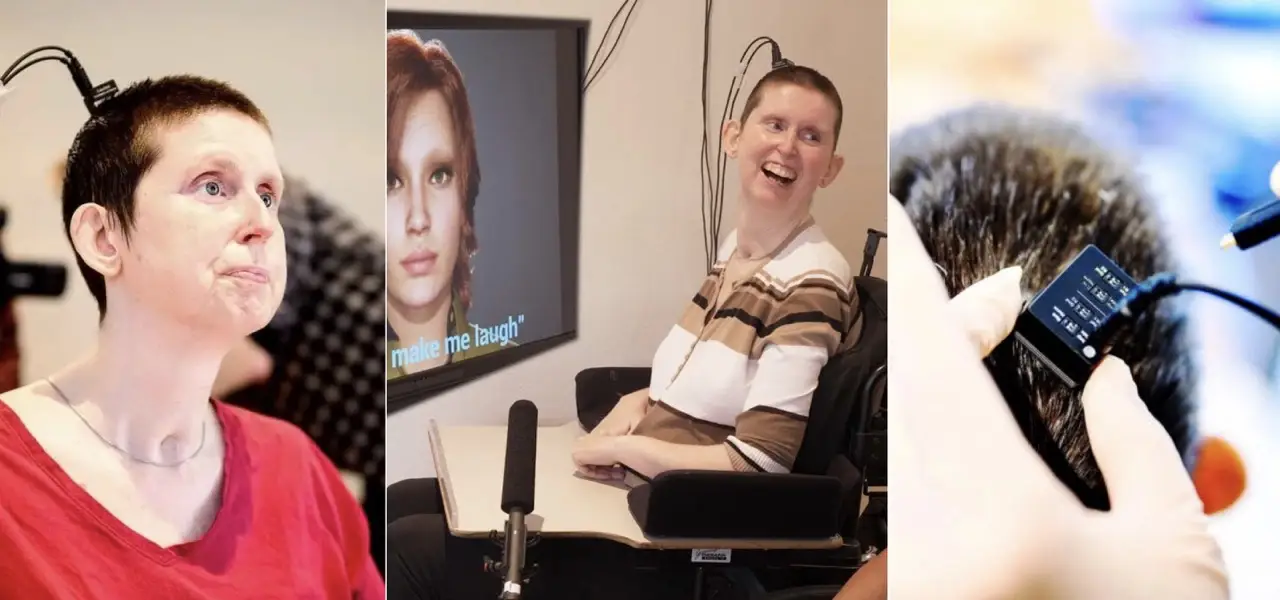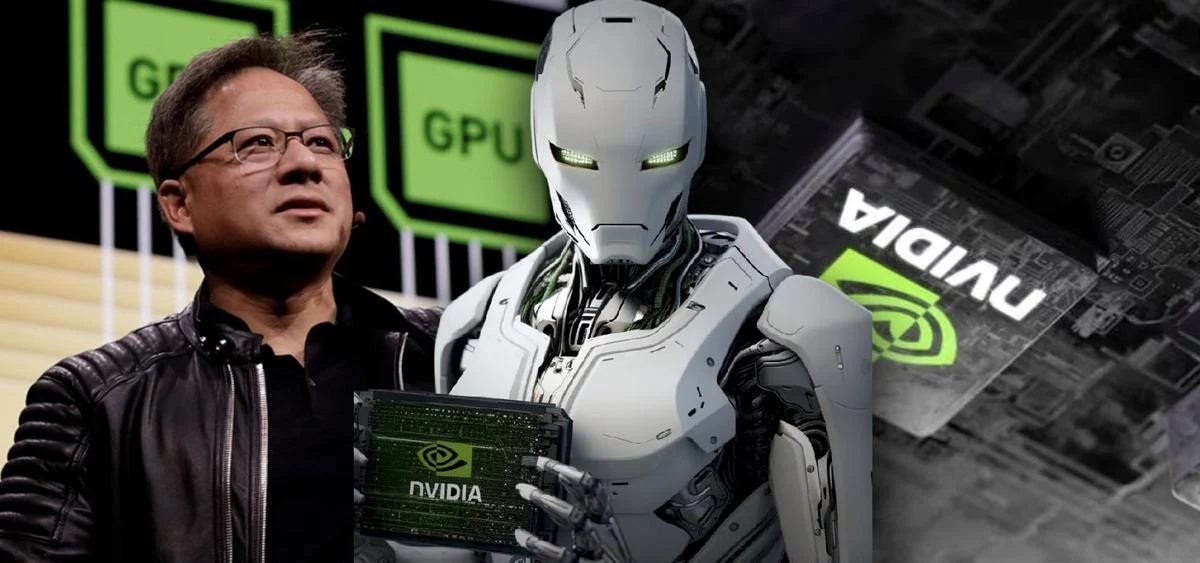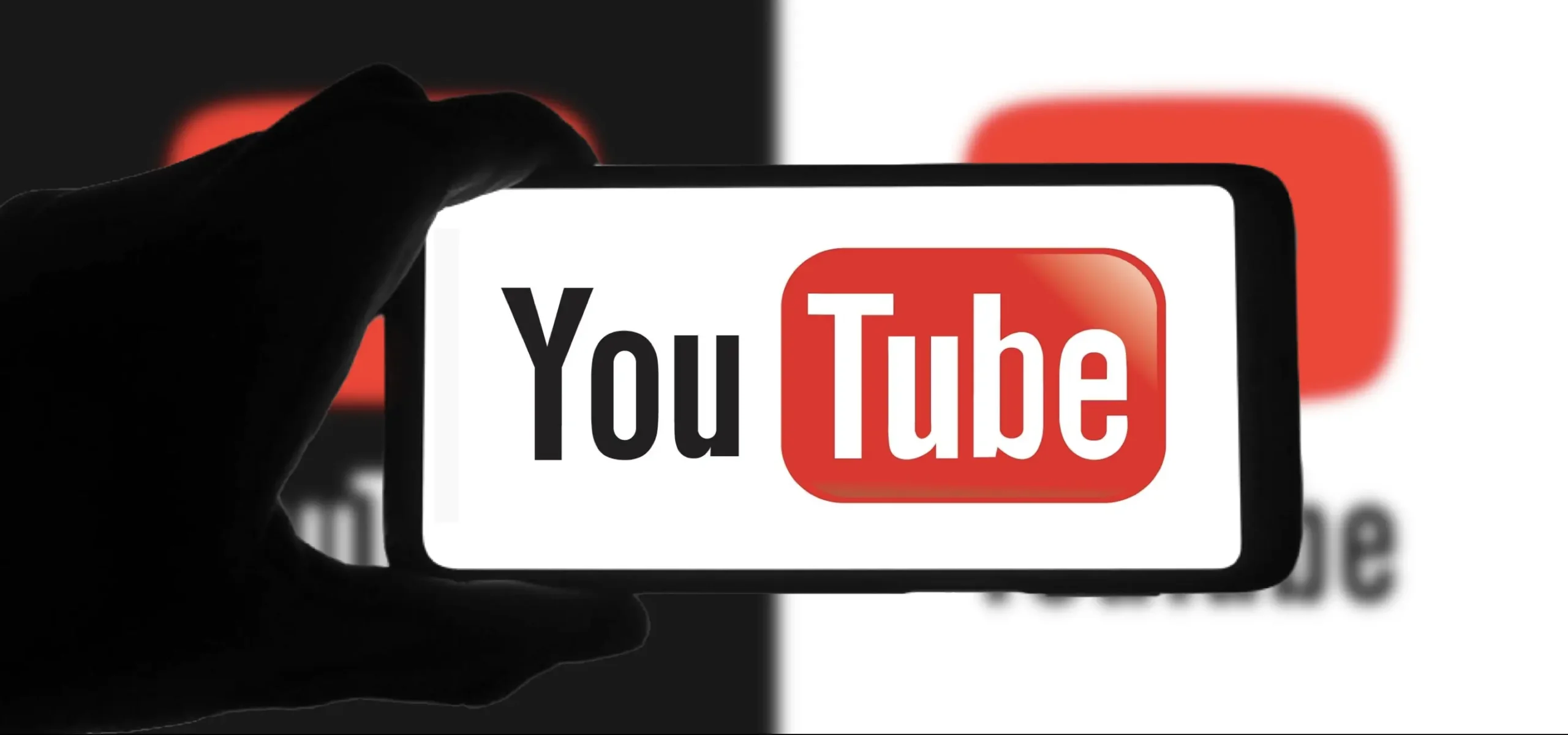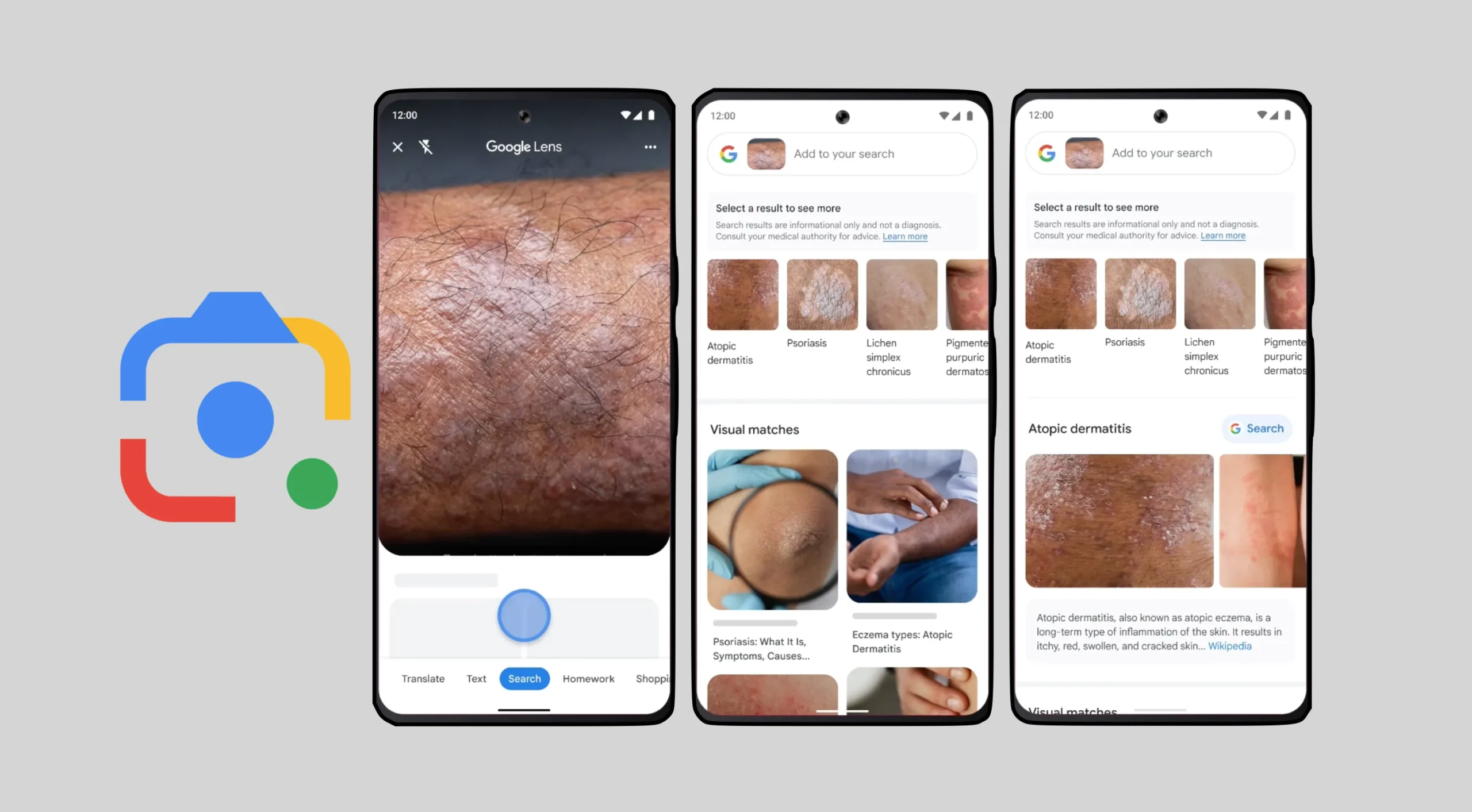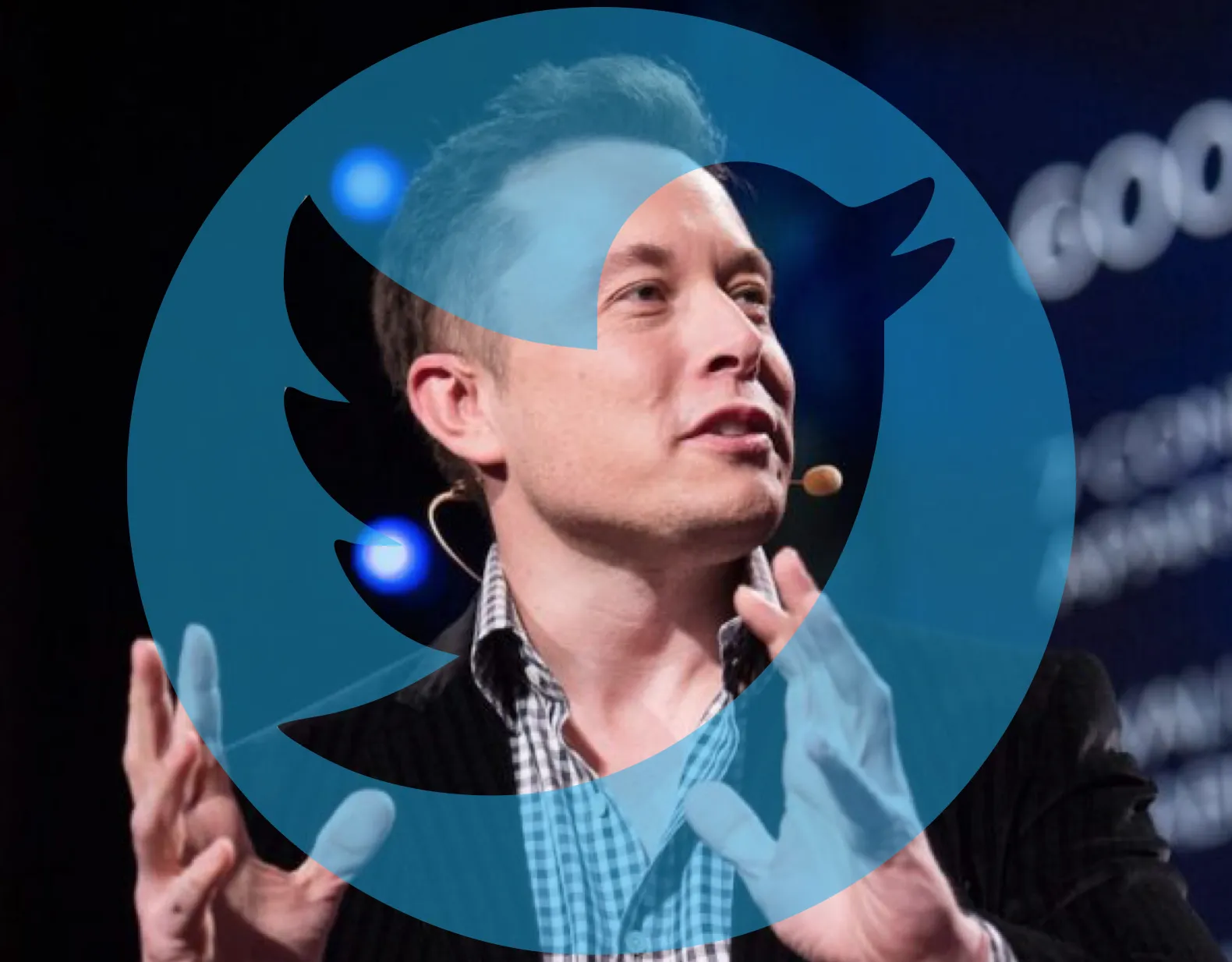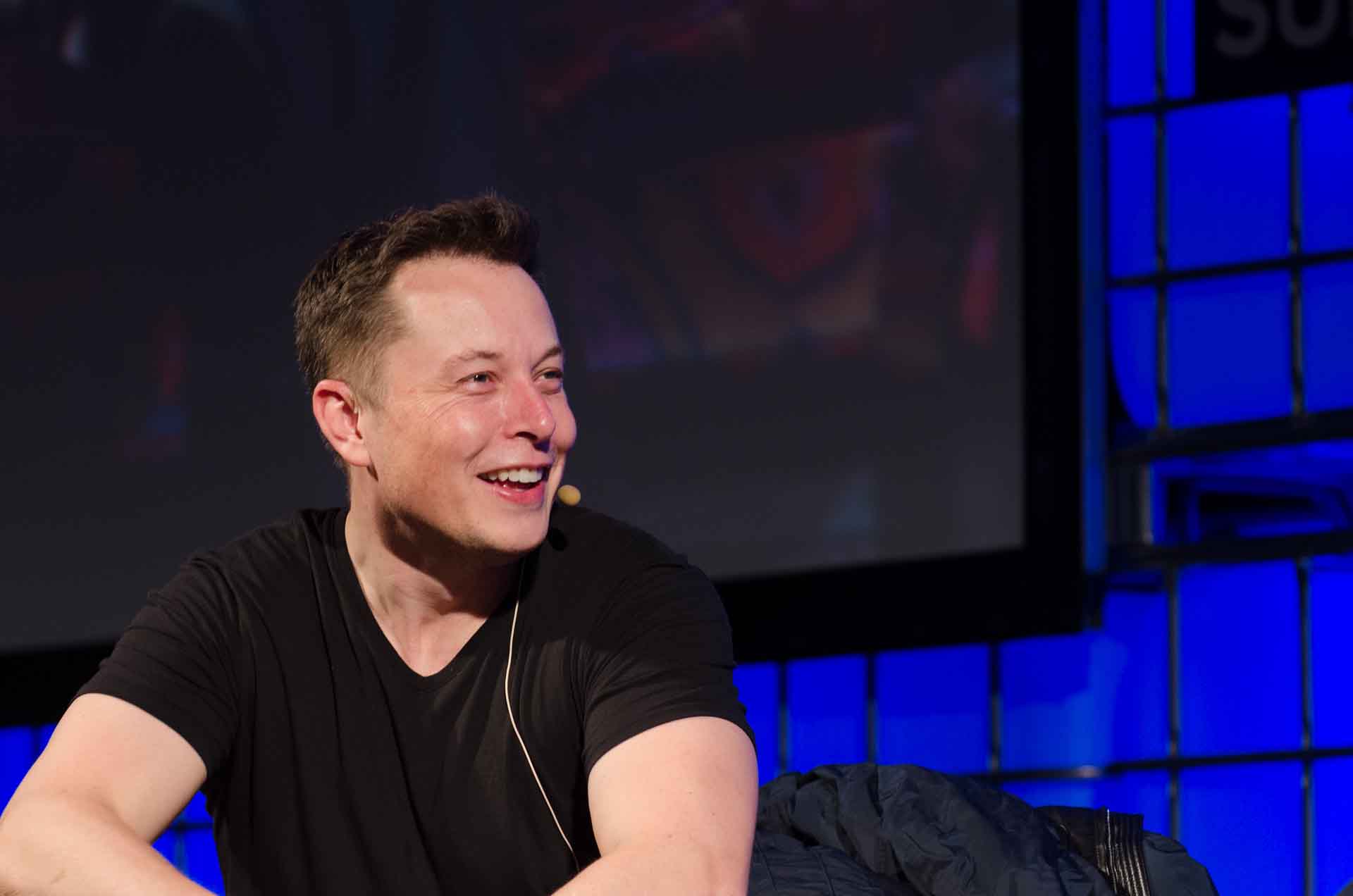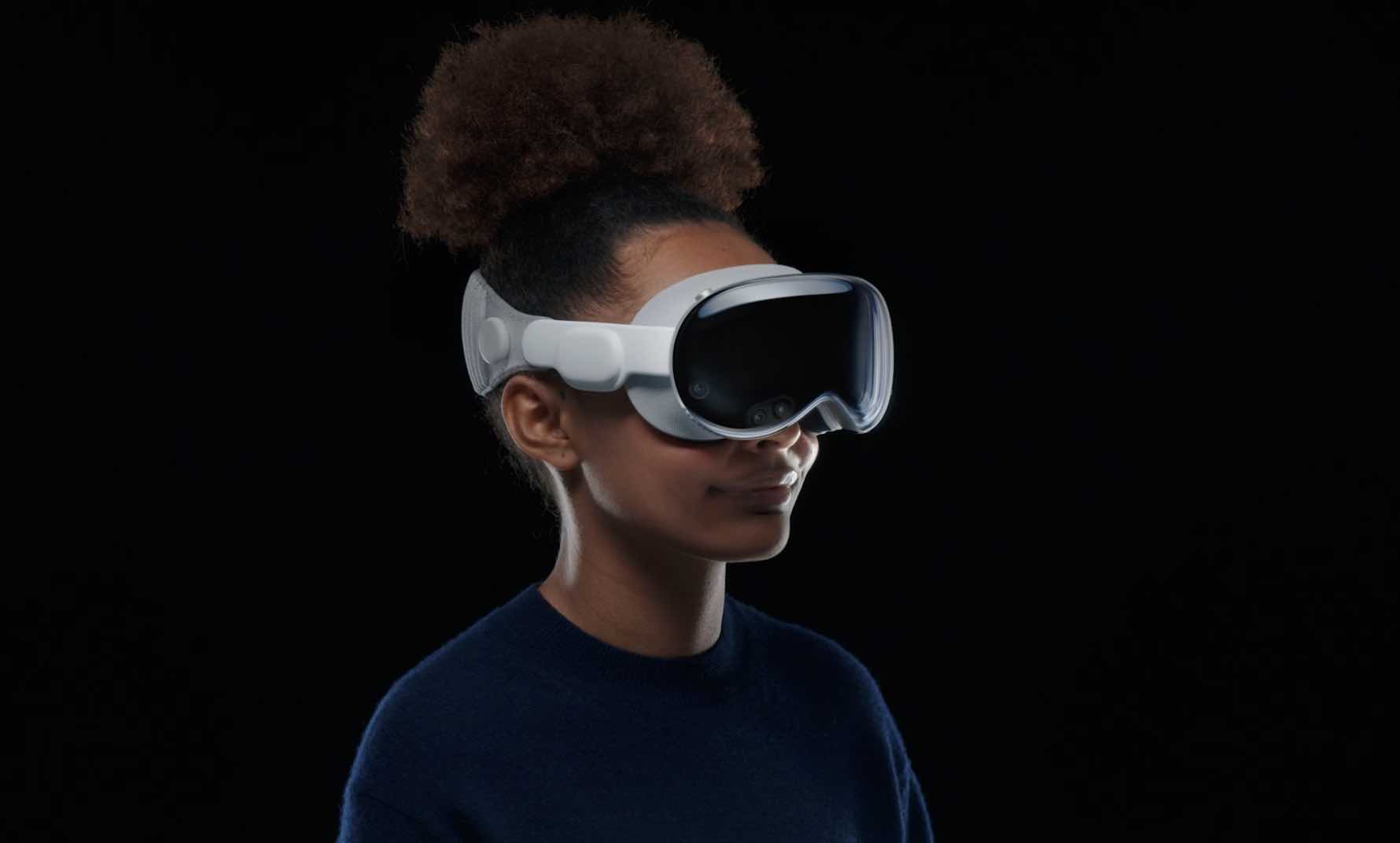Landmark ruling dismisses Ai art copyright claim, sparking discussions about creative ownership and the future of copyright law
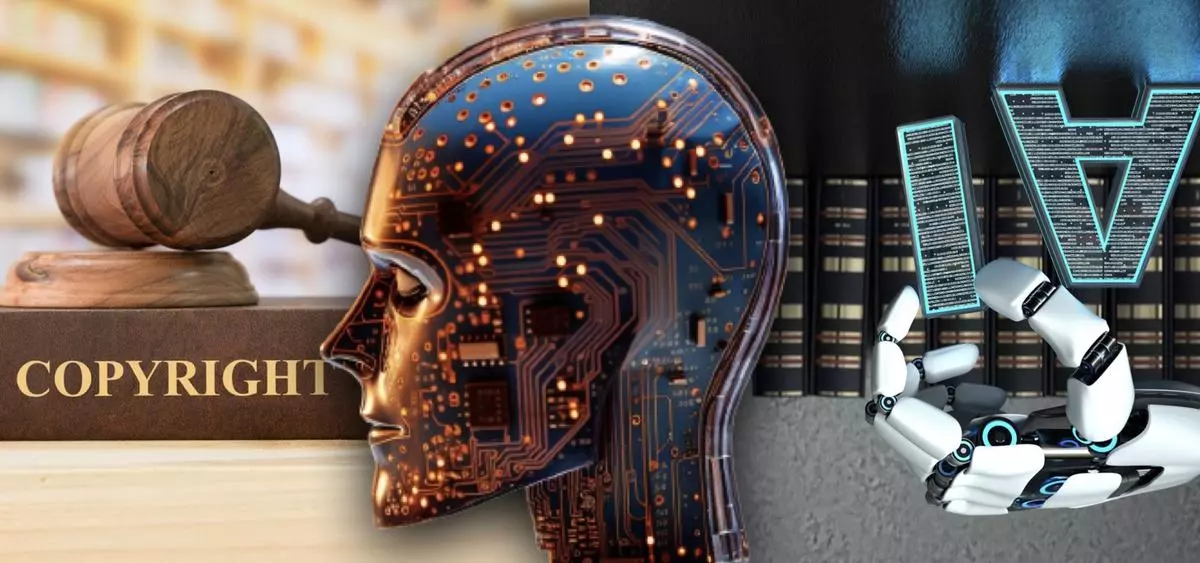
Credit: Google | U.S. Court Rejects AI-Generated Art Copyright Claim
A seismic legal clash has unfolded in the realm of art and technology as a U.S. federal judge delivered a groundbreaking ruling, denying copyright protection to artwork generated by artificial intelligence (AI). The verdict, which rejected inventor Stephen Thaler’s bid to secure copyright for an AI-created piece, has cast a spotlight on the intricate intersection of creativity, innovation, and legal jurisdiction.
The case revolved around Thaler’s assertion that his computer system, acting as the artwork’s creator, should be eligible for copyright ownership. This claim drew attention to the evolving landscape of authorship and intellectual property in an era marked by AI’s increasing influence on the creative process.
Landmark decision 🧑⚖️
— Brian Solis (@briansolis) August 20, 2023
A judge upholds a US Copyright Office finding that artwork created by #AI isn't eligible for copyright protection as “human authorship is a bedrock requirement” 🤖https://t.co/SDAbRbtnzA
In her authoritative decision, Judge Beryl A. Howell of the U.S. District Court for the District of Columbia emphasized the absence of legal precedent for recognizing non-human entities as copyright holders. This landmark ruling offers a glimpse into the uncharted terrain of copyright law as artists incorporate AI tools into their creative arsenals.
This legal saga evokes memories of similar debates, including the famous dispute over a monkey’s photograph. At the heart of the controversy lies Thaler’s artwork, titled “A Recent Entrance to Paradise,” a pixelated tableau of train tracks slicing through the countryside, conjured by instructing his AI system in 2012.
Thaler’s attorney, Ryan Abbott, vowed to challenge the decision, underlining the case’s far-reaching implications for the burgeoning field of generative art. The verdict raises pertinent questions: Should AI-generated output enjoy copyright privileges? Or should copyright protection be confined to conventionally human-crafted masterpieces?
The U.S. Copyright Office, concurring with the court’s ruling, concurrently launched an initiative to address copyright challenges presented by AI-generated content. The agency issued guidelines for submitting AI-crafted creations, mandating the delineation of human-authored components from algorithmically birthed elements.
Art lawyer Megan Noh characterized the verdict as “significant but not surprising,” aligning with established guidelines and prior court decisions. Noh also clarified that the ruling does not serve as an absolute bar against copyrighting AI-abetted artworks. The court’s stance sets the stage for a cascade of impending legal battles, as instances of AI-fueled content face heightened scrutiny.
Beyond Thaler’s case, a mosaic of lawsuits is burgeoning, challenging the legality of AI’s appropriation of copyrighted material. Comedian Sarah Silverman‘s litigation against OpenAI and Meta for using her writing in algorithm training, along with suits targeting GitHub and Stability AI, exemplify the breadth of the issue.
Artist Jason M. Allen, who kindled conversations around generative art through a victorious art competition, charts a parallel course with his own confrontation against the Copyright Office. Allen’s pursuit of sole copyright for AI-generated images underscores artists’ quest for authorial control, irrespective of the creative tool.
This legal fracas encapsulates the intricate entwinement of AI and creative jurisdiction, unraveling profound inquiries about intellectual property’s evolution amid technological advancement. As AI’s imprint on artistic expression deepens, society grapples with the harmonization of innovation, human ingenuity, and the legal framework that governs them.
RELATED NEWS
WEB STORIES FOR YOU
Stay connected with Today On Globe for the latest Global Issues and News Updates.
Explore more related articles at [TOG News / TOG Article]











